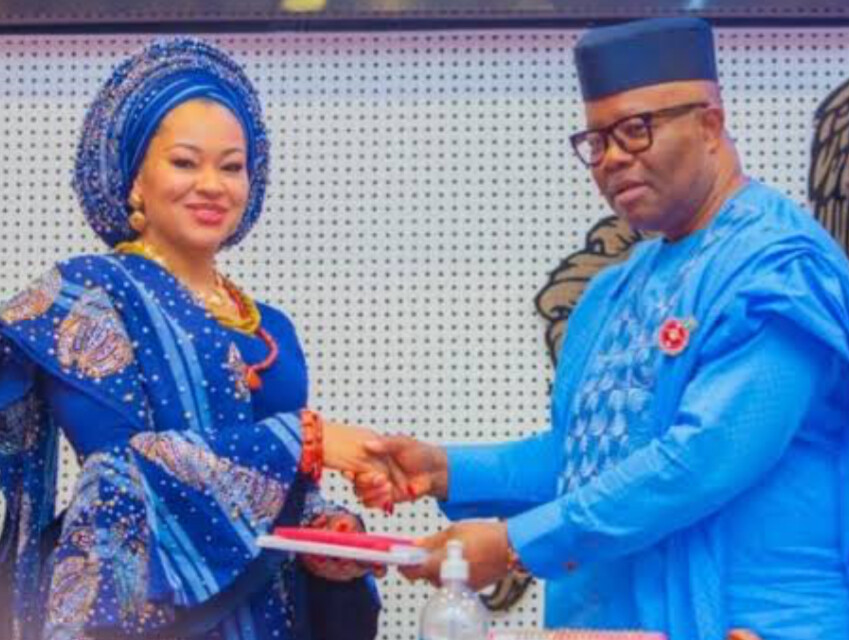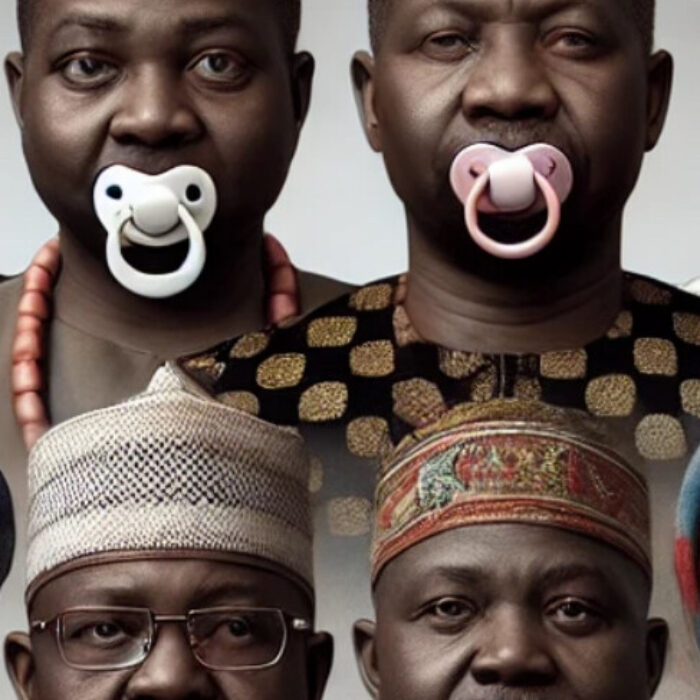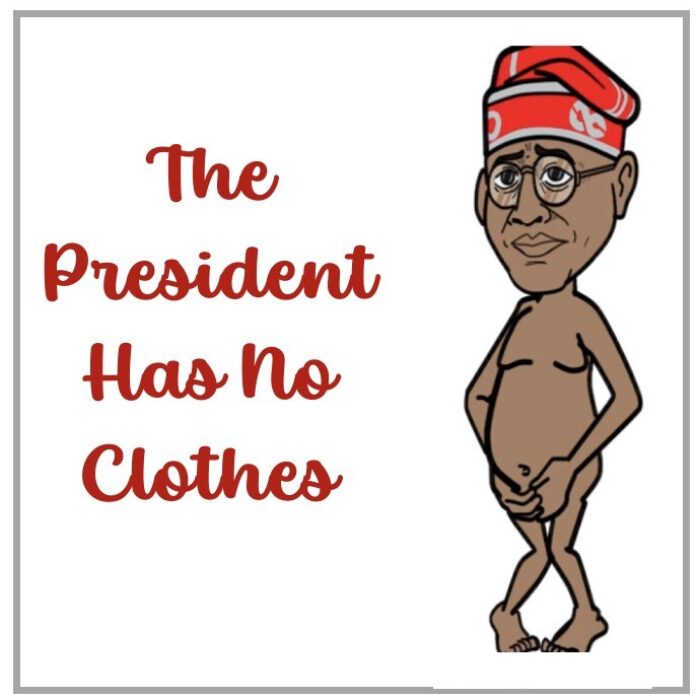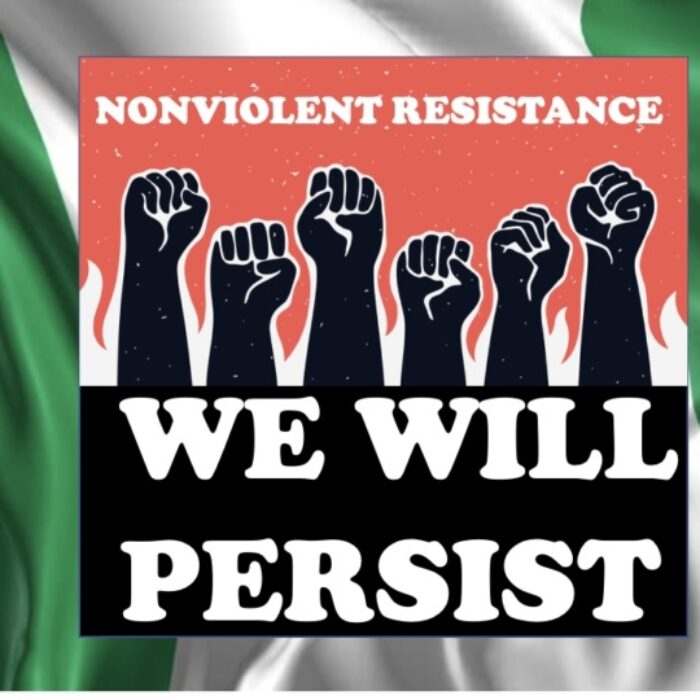By Nnaoke Ufere, PhD
The Nigerian Senate’s suspension of Senator Natasha Akpoti-Uduaghan, following her allegations of sexual harassment and retaliation against Senate President Godswill Akpabio—who denies any wrongdoing and must be presumed innocent until proven guilty—highlights how institutions of power often silence women rather than ensure a fair and transparent process for addressing such serious claims.
This decision does not merely damage the credibility of the legislature; it reinforces the entrenched culture of impunity among political leaders, where victims of sexual harassment and assault are punished while their alleged abusers walk free, shielded by power and influence.
The implications of this suspension extend far beyond the Senate. Sexual violence and harassment are rampant in Nigeria, yet victims are consistently silenced, disbelieved, or subjected to further harm when they dare to speak out. Fear of retaliation, societal stigmatization, and an ineffective justice system force countless women into silence.
If a sitting senator—one of the most visible women in public office—can be shut down for alleging sexual harassment, what hope is there for ordinary Nigerian women who experience abuse in their workplaces, marketplaces, places of worship, universities, and homes?
In a thinly veiled attempt to further silence her, the Senate dangles a poisoned olive branch—offering to reduce Akpoti-Uduaghan’s suspension if she apologizes.
This so-called reconciliation is nothing more than coercion, demanding submission in exchange for partial reinstatement. It exposes the Senate’s true intent: not justice, but the ruthless suppression of anyone who dares to challenge the powerful.
And Akpoti-Uduaghan may not be the only one silenced.
Multiple sources suggest that at least half a dozen women—and counting—are willing to testify under oath that Akpabio sexually harassed or assaulted them, provided they are formally invited and guaranteed anonymity. Their fear of retaliation mirrors the Senate’s treatment of Akpoti-Uduaghan, reinforcing the chilling message that those who expose abuse will pay the price.
Their allegations date back to his tenure in Akwa Ibom State, indicating that Natasha Akpoti-Uduaghan’s alleged sexual harassment is not an isolated incident but part of a disturbing and longstanding pattern of predatory behavior.
Recall that in 2020, Joi Nunieh, the former acting managing director of the Niger Delta Development Commission (NDDC), accused Akpabio of sexual harassment—an allegation that, like Akpoti-Uduaghan’s, was swiftly dismissed rather than subjected to a thorough and impartial investigation.
If more women step forward—as some already have in private—and their allegations are substantiated, the Senate president won’t just be a disgrace; he’ll be exposed as a serial sexual predator who has weaponized power to exploit and silence his victims.
Reports also indicate that Akpabio has claimed that other men have accused Akpoti-Uduaghan of making false allegations of sexual harassment. If these claims are true, they too warrant serious scrutiny.
There are two clear paths to uncovering the truth about Akpoti-Uduaghan’s sexual harassment allegations against Akpabio, but the Senate must immediately lift her suspension to allow her to seek justice freely, without the weight of political retaliation hanging over her.
Anything less is a calculated effort to suppress the truth and shield the powerful from accountability, under the guise of procedural misconduct. If the Senate has nothing to hide, it must allow her to speak and seek justice without intimidation.
The first path is through an independent investigation, one free from political influence and Senate interference. A thorough and impartial inquiry would allow for the collection of testimonies, examination of evidence, and a fair determination of the facts.
However, such an investigation depends on the willingness of the Senate and law enforcement agencies to confront misconduct at the highest levels of power.
If an independent investigation is blocked or compromised, the second path is legal action. By filing a lawsuit, Akpoti-Uduaghan (and other survivors) could force the matter into the courts, compelling evidence disclosure and ensuring that the allegations are examined under the law.
This route, however, would likely face significant political resistance, making public pressure essential to prevent the legal process from being manipulated or stalled. Ultimately, the pursuit of justice will depend on whether Nigeria is ready to hold powerful men accountable for their abuses.
If the justice system operates fairly, the weight of evidence will either fully expose Akpabio’s abuses or clear his name, while also restoring the Senate’s credibility in upholding justice and accountability.
Beyond legal action, Akpoti-Uduaghan and other survivors may mount relentless public pressure on Akpabio and the Senate—silence and inaction would only embolden more predators in power. If the Senate shields a sexual predator, it becomes complicit in his crimes, proving once again that its loyalty lies not with justice, but with impunity.
This case also raises a constitutional issue. Akpoti-Uduaghan was elected to represent the people of Kogi Central, and by suspending her for six months, the Senate has effectively denied them their constitutional right to representation.
This act is a far more serious violation of the Constitution than the procedural rule the Senate cited as justification for her suspension—an excuse that appears more like a convenient pretext than a legitimate reason.
By silencing her, the Senate is not only punishing one individual but also disenfranchising an entire constituency, robbing them of their voice in legislative affairs.
As such, this case is not just about internal discipline; it is about the fundamental principles of governance, accountability, and democratic representation.
Sadly, this blatant act also sends a chilling warning to Nigerian women: speaking out against powerful men won’t just be dismissed—it will come at a steep personal cost, be met with ruthless retaliation, and deprive entire communities of the leadership they rightfully elected.
I stand with concerned Nigerians and the international community in urging the Nigerian Senate to uphold justice in this matter. Anything less would reinforce the worst suspicions about the institution—that it operates as a sanctuary for impunity, protecting the powerful from scrutiny while punishing victims for daring to speak out.
If the Senate fails to uphold justice, this scandal will not only stain its reputation further but will also reaffirm Nigeria’s standing as a country where power outweighs principle, and the silencing of women remains the order of the day.
Women’s rights organizations, human rights advocates, and global observers are watching closely. The handling of this case will define the Senate’s legacy—either as an institution that upholds the principles of justice and accountability or as one that protects abusers and punishes their victims.
If Akpoti-Uduaghan’s allegations are ignored, the consequences will extend far beyond this administration. The Senate will be remembered not as a pillar of democracy but as a legislature complicit in silencing women and enabling the very culture of abuse it should be fighting against.
This is a defining moment. Nigerian civil society, women’s groups, and the general public must demand accountability—not only for Akpoti-Uduaghan’s unfair suspension but for the broader culture of impunity that allows sexual harassment and assault to persist unchecked.
Silence is complicity.
This case demands more than just public outcry—it also requires decisive leadership from President Bola Ahmed Tinubu. The President must demonstrate that his administration does not condone the abuse of power or the silencing of women who seek justice.
His response, or lack thereof, will define his commitment to gender justice, human rights, and the integrity of Nigeria’s democratic institutions.
The world is watching. Justice must be served.




